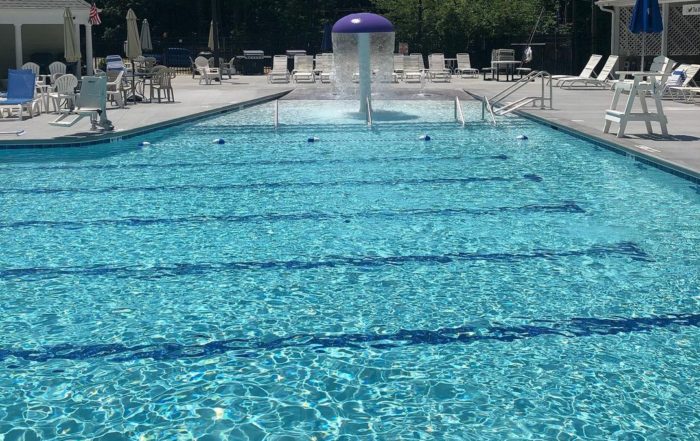SWIMMING POOL MYTHS

Swimming Pool Myths
Myth – Swimming is not good for children with asthma.
Truth – Medical experts say swimming in a healthy, well-maintained pool is an excellent physical outlet for swimmers with asthma. The Belgian Superior Health Council examined the relevant scientific studies and concluded that the available evidence does not support advising children against swimming in chlorinated pools. The U.S. Centers for Disease Control and Prevention, the World Health Organization and other public health experts have asserted that swimming in a well-maintained pool is a healthy form of exercise for people with asthma.
Myth – Chlorine turns hair green.
Truth – An earlier survey by the Water Quality and Health Council discovered that nearly half of respondents believe that chorine is responsible for turning hair green. In fact, the presence of copper in swimming pool water is to blame. Copper may be introduced to pool water in several ways, including metal plumbing or algaecide.
Myth – Swimmer “red eye” is caused by too much chlorine in the pool.
Truth – 87 percent of respondents to the Water Quality and Health Council survey believed that chlorine in pools makes swimmers’ eyes red and irritated. In reality, when nitrogen, found in urine and sweat, is combined with chlorine, irritants called chloramines are formed. It is these chloramines, not the chlorine itself, that irritate the eyes, skin and respiratory system. In this case, more chlorine may actually need to be added to pool water in order to reduce the formation of chloramines.
Myth – When it comes to pool water, clarity means cleanliness.
Truth – Even when swimming pool water is clear, microorganisms too small to be seen with the naked eye can be present. While chlorine destroys bacteria that could put swimmers at risk for disease, it takes time to work. Most germs are killed within seconds in a properly treated pool, but some (such as Cryptosporidium) can survive for days and require more aggressive treatment.
Myth – The strong odor of chemicals indicates a clean, well-treated pool.
Truth – A faint smell is expected, but a strong scent of chemicals could mean trouble. When irritating chloramines are formed by the mixture of chlorine and pool contaminants, such as urine, body oils and other substances brought into the pool by swimmers, a strong smell is released. A healthy pool is one with little to no odor.
Resources:
Water Quality and Health Council. Does a Swimming Pool Urine Detecting Dye Actually Exist? Experts Debunk Top Swimming Pool Myths. http://www.prnewswire.com/news-releases/does-a-swimming-pool-urine-detecting-dye-actually-exist-214951401.html. Washington, July 10, 2013.
For comprehensive residential and Commercial swimming pool management, maintenance and service in Raleigh, Wake Forest, Durham, Cary, Apex, Chapel Hill, Garner, Holly Springs, Fayetteville, Hope Mills, Wilmington, Southern Pines, Pinehurst, Sanford and surrounding areas in Central North Carolina and throughout the rest of the Central, Eastern and Coastal, contact the team at Aqua Operators.

